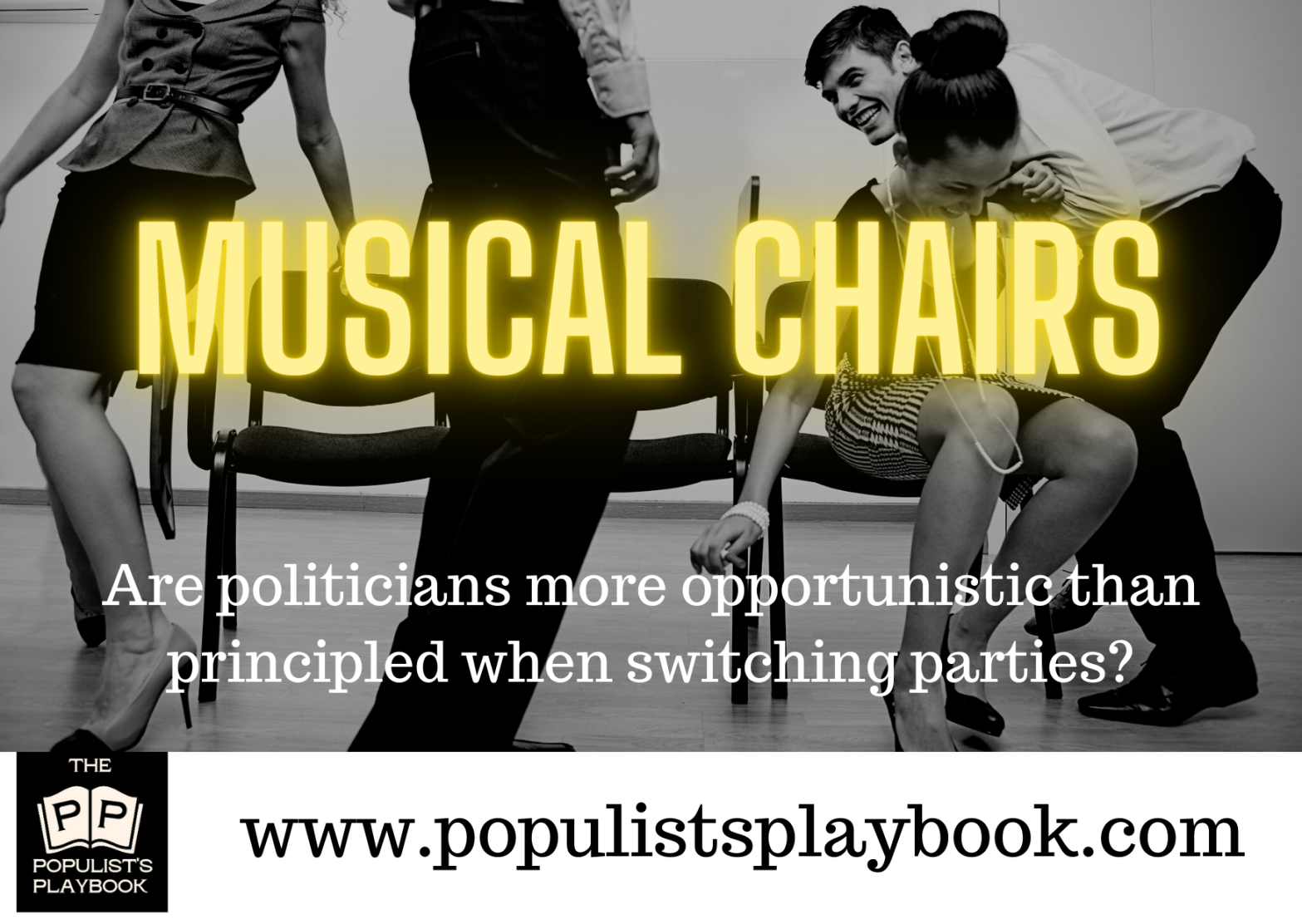The Dance of UK Politicians Across Party Lines
Imagine being a fervent football team supporter, only to wake up one day and find your star player has switched sides. Shocking. Yet that’s precisely what happens in the political arena, and it’s more common than you’d think.
In the ever-shifting landscape of UK politics, a particular phenomenon has caught the public eye: switching political parties. This isn’t confined to any single region; it’s a nationwide spectacle with historical roots and continues to shape today’s political narrative. While this trend is prevalent among politicians from various parties, it’s particularly noticeable among those from the Scottish National Party (SNP) and the Conservative Party.
The reasons for these political defections are as varied as they are numerous, encompassing everything from ideological shifts to unabashed opportunism. And how do these politicians orchestrate their departures? Typically, public announcements shock their constituents and throw their former parties into disarray.
UK politicians, especially those from the SNP and the Conservative Party, are more opportunistic than principled, as evidenced by their frequent party-switching for personal gain, ideological convenience, and political strategy.
The Allure of Personal Gain
One of the most glaring reasons politicians switch parties is personal gain.
Take the recent case of SNP MP Lisa Cameron, who switched to the Conservatives. The cynical explanation is that she stands to gain financially even if she loses her seat as a Conservative, a benefit she wouldn’t enjoy if the SNP deselected her. This move by Cameron perfectly encapsulates the opportunistic nature of politicians who put personal gain above party loyalty or ideological alignment. But it’s not just about financial gain; sometimes, it’s about ideological convenience.
The Convenience of Ideological Alignment
Politicians do switch parties when their personal ideologies no longer align with their current party’s stance: the defendable reason to do so. Winston Churchill initially started his political career as a Conservative but switched to the Liberal Party in 1904, only to return to the Conservatives in 1924.
“Anyone can rat, but it takes a certain amount of ingenuity to re-rat.”
Winston Churchill
Churchill’s moves between parties demonstrate how politicians can be opportunistic in aligning themselves with whichever party suits their current ideological leanings. Beyond personal and ideological reasons, there’s also the strategic angle to consider.
The Chess Game of Political Strategy
Strategic considerations often play a significant role in party-switching. Shaun Woodward, a former Conservative MP, defected to Labour in 1999 and later served as Secretary of State for Northern Ireland (Rentoul, 2007). Woodward’s move can be seen as a calculated strategy to gain a ministerial position, something he might have deemed unlikely within the Conservative Party at the time. While these examples are telling, the phenomenon is not limited to individual cases; sometimes, it’s a collective move.
The Exodus to ALBA
In some instances, multiple politicians from the same party switch allegiance collectively. Both former SNP MPs, Kenny MacAskill and Neale Hanvey, switched to the ALBA Party in 2021. This collective move signifies a deeper issue of the split within the SNP, fractured between the Sturgeon and Salmond rift and unlikely to heal under the Forbes / Yousaf tension.
UK politicians, particularly those from the SNP and the Conservative Party, often switch parties due to opportunism rather than principle.
Whether for personal gain, ideological convenience, or political strategy, these politicians demonstrate a lack of steadfastness that raises questions about their integrity.
The By-Election Debate: A Democratic Imperative or a Needless Hurdle?
One of the most contentious debates surrounding party-switching is whether it should automatically trigger a by-election.
The Case For By-Elections
Advocates argue that a by-election is a democratic imperative. When politicians switch parties, they alter the terms under which they were elected. Voters chose them based on their party affiliation and the policies that come with it. To change parties without a new mandate could be considered a betrayal of the electorate’s trust.
A by-election would allow voters to either reaffirm their support for the politician or choose a new representative who aligns with their current political preferences. This would enhance the democratic process by giving power back to the people, ensuring that their elected representatives genuinely reflect their wishes. However, the argument could be clearer-cut; there are also compelling reasons against automatic by-elections.
The Case Against By-Elections
Critics argue that automatically triggering a by-election could create political instability and drain public resources. By-elections are costly and risk producing low voter turnout, which could further distort the democratic process. Additionally, politicians may switch parties due to a significant shift in their original party’s stance, making the move a moral decision rather than an opportunistic one. In such cases, a by-election might punish politicians for acting in line with their conscience and the interests of their constituents.
So, while the debate around automatic by-elections is complex, it’s clear that the issue goes beyond party loyalty and delves into the very core of democratic representation. Whether you view party-switching as an act of political heresy that demands immediate electoral retribution or as a complex decision that should not automatically negate a politician’s mandate, the debate around by-elections exposes the intricate and often contradictory nature of democratic representation.
Lisa Cameron’s defection and profit from moving to the Conservative party underlines the need in the UK for electoral reform. We want our selection of politicians to be fair, proportional, and accountable. The SNP recently lost one MP due to the right to recall, which is an improvement, but there is a solid case to be made that a party defection should lead to an automatic by-election.
Following the next election, I know Liberal Democrats will be pushing for electoral reform in scrapping first-past-the-post and replacing it with proportional representation. There is an opportunity there to increase post-election accountability too.

